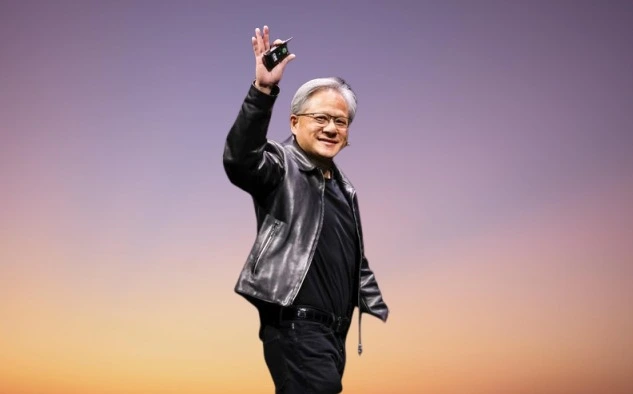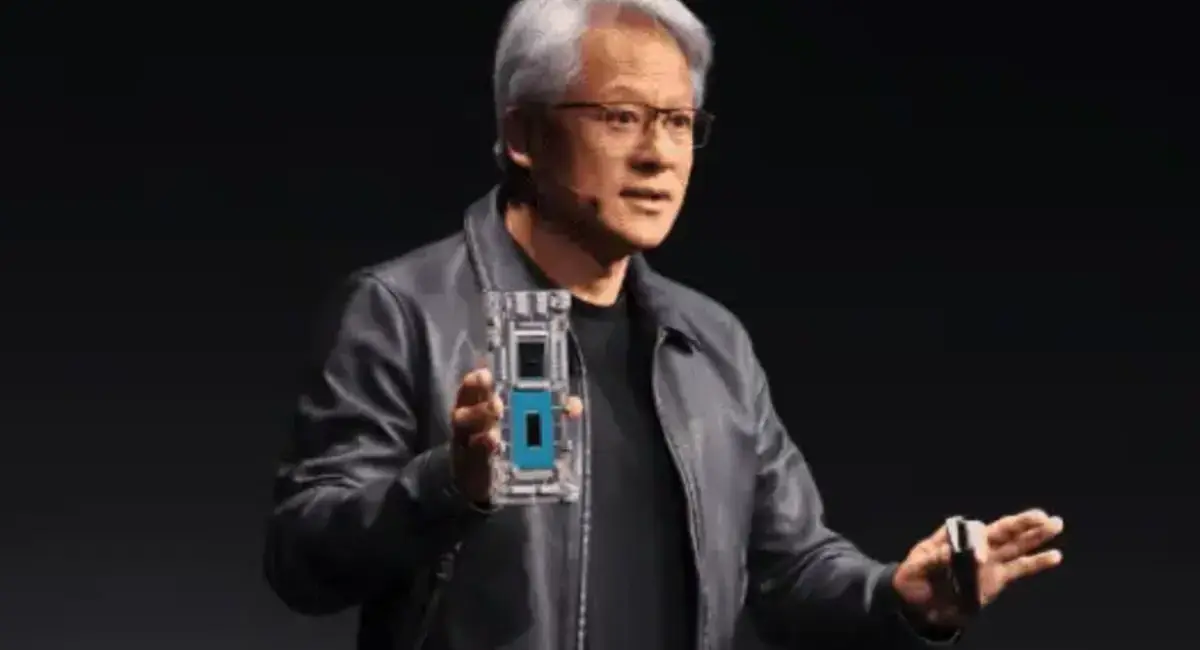Nvidia, a powerhouse in the AI chip arena, is under the watchful eye of federal prosecutors due to its staggering 80% market share. Reports indicate the Department of Justice (DOJ) has reached out to Nvidia, stirring up speculation about an ongoing investigation.
While Nvidia has denied receiving subpoenas, it’s clear that the government has been probing. The DOJ is reportedly concerned that Nvidia might be using its dominant position to make it tricky for customers to switch to competitors. Allegations suggest that Nvidia offers lower prices to buyers who stick exclusively to their products—a practice known as exclusionary rebates.
Founded in 1993 by Chris Malachowsky, Curtis Priem, and Jensen Huang in a Denny’s, Nvidia started with a vision to enhance 3D graphics in personal computers. By 1999, their graphics processing unit (GPU) was already making waves in the gaming world, used by major players like Sega. As tech giants began pouring money into machine learning, Nvidia found itself perfectly positioned, providing crucial technology that fuels today’s AI innovations. Major companies like Amazon, Google, and Microsoft now rely on Nvidia’s chips, boosting the company’s market cap into the trillions.

With demand for AI chips skyrocketing, Nvidia’s stock price has more than doubled this year. The company anticipates a supply crunch for its upcoming Blackwell chips, set to launch later this year. This surge in interest has raised eyebrows among U.S. regulators. While having a large market share isn’t illegal, the DOJ is investigating whether Nvidia’s practices to maintain that share cross legal boundaries.
Adam Thierer, a senior fellow at the R Street Institute, believes the scrutiny is misplaced. He argues that in an ideal world, the White House would celebrate Nvidia’s role in the AI revolution instead of subjecting it to federal probes. “In Biden’s world,” he says, “such success brings only criticism and harassment from antitrust officials. Meanwhile, China must be smiling as U.S. regulators hinder our leading companies.”
The DOJ is also wary of Nvidia’s plans to acquire Run:ai, a firm that boosts AI chip efficiency. With heightened scrutiny on mergers and acquisitions during the Biden administration, both the DOJ and the Federal Trade Commission (FTC) are keenly watching the AI landscape.
This summer, the DOJ took a stand against algorithmic collusion, filing a lawsuit against RealPage, Inc., which provides software to help landlords set apartment prices. The DOJ claims this service stifles competition and harms renters. Meanwhile, the FTC is probing how tech giants might be gaining unfair advantages in the booming AI sector.
Looking ahead, the future of antitrust scrutiny in the AI industry remains uncertain. Whether under Vice President Kamala Harris or former President Donald Trump, both candidates have voiced concerns about Big Tech. As the race for AI dominance with China intensifies, the implications for policy and regulation become even more critical.
Critics of recent DOJ and FTC actions argue they appear misaligned with the global landscape, especially as China steps in with state-backed funding to bolster its own AI firms.



